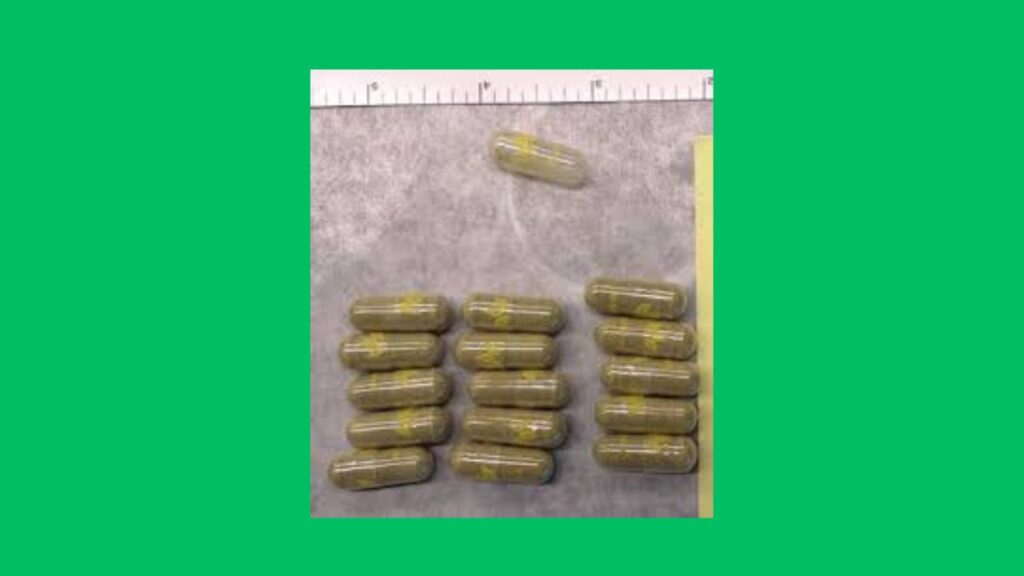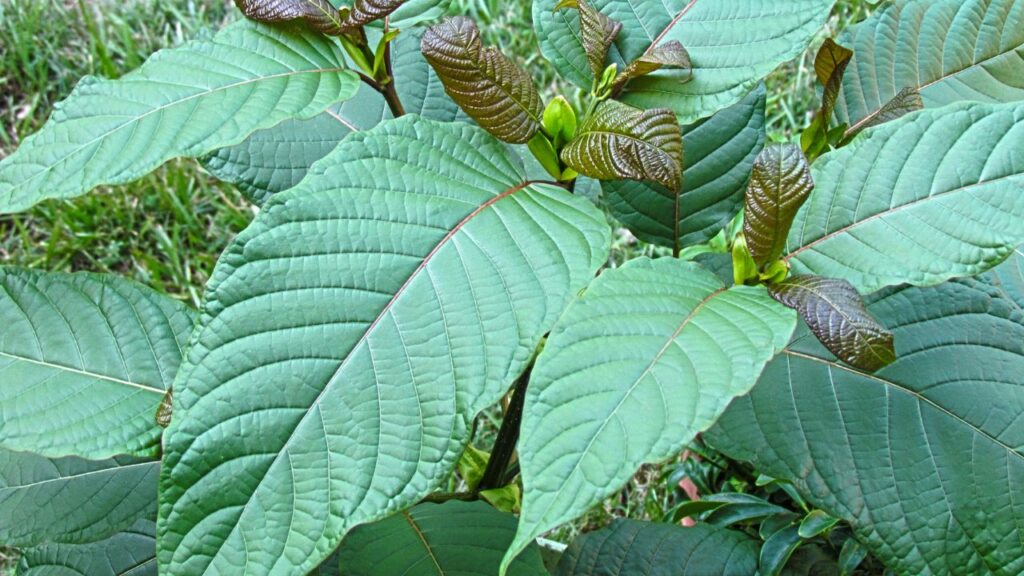Kratom is an herbal substance that has gained popularity in recent years as an alternative medicine and recreational drug. While often touted as a “natural” pain reliever and mood booster, kratom carries significant risks, including the potential for addiction, withdrawal, and health complications. Here’s what you need to know about kratom, its effects, and how to get help if use becomes problematic.
What Is Kratom and Where Does It Come From?
Kratom (Mitragyna speciosa) is a tropical tree native to Southeast Asia, with leaves that contain compounds that can have mind-altering effects. It has been used for centuries in traditional medicine in countries like Thailand, Malaysia and Indonesia. The leaves are typically dried and crushed into a powder that can be brewed as a tea, swallowed in capsules, smoked or vaped.
At low doses, kratom acts as a stimulant, while at higher doses it reduces pain and may bring on euphoria. The active ingredients in kratom leaves interact with opioid receptors in the brain, producing sedation, pleasure, and decreased pain when taken in large amounts.
Is Kratom Legal?
Kratom legality varies region by region in the United States. The Drug Enforcement Administration (DEA) has listed kratom as a “drug of concern” but so far it remains uncontrolled under federal law. However, some states and cities have banned kratom, including Alabama, Arkansas, Indiana, Wisconsin, Rhode Island, and Washington, D.C.

Risks and Side Effects of Kratom Use
Kratom is not currently regulated by the U.S. Food and Drug Administration (FDA), so there are no official guidelines on appropriate dosing. This inconsistency in strength and purity means kratom can affect individuals very differently.
Side effects of kratom use can include:
- Nausea and vomiting
- Itching
- Sweating
- Dry mouth
- Constipation
- Loss of appetite
- Dizziness
More severe reactions may include:
- Hallucinations
- Seizures
- Rapid heart rate
- Liver damage
- Psychosis
Serious toxicity is rare but tends to occur with high doses or when kratom is used with other substances like alcohol, illicit drugs, opioids or benzodiazepines. Mixing kratom with other drugs poses the highest risk of overdose and death.
Addiction and Withdrawal
With regular use, especially at high doses, kratom can be habit-forming and lead to physical dependence. When trying to cut back or quit kratom, withdrawal symptoms may occur, including:
- Muscle aches
- Irritability
- Insomnia
- Runny nose
- Angry or aggressive behavior
- Emotional changes
- Jerky movements
While not considered as addictive as opioids, kratom’s withdrawal symptoms are similar and may be very uncomfortable. Professional addiction treatment, including medical detox, can help manage kratom withdrawal safely and comfortably.
Addiction Treatment
If you or a loved one is struggling with heavy kratom use, it’s important to seek professional help. At Destination Hope, our team of addiction specialists provides evidence-based treatment tailored to your unique needs.
Treatment for addiction typically involves a combination of behavioral therapy, counseling, and support groups. Our clinicians work closely with you to address underlying mental health issues, build healthy coping skills, and lay the foundation for lasting recovery.
The first step is reaching out for help. Call Destination Hope today at 954-302-4269 to learn more about our addiction treatment programs and take the first step toward a life free from substance abuse. Our compassionate admissions counselors are available 24/7 to answer your questions and help you get started on the path to healing.

